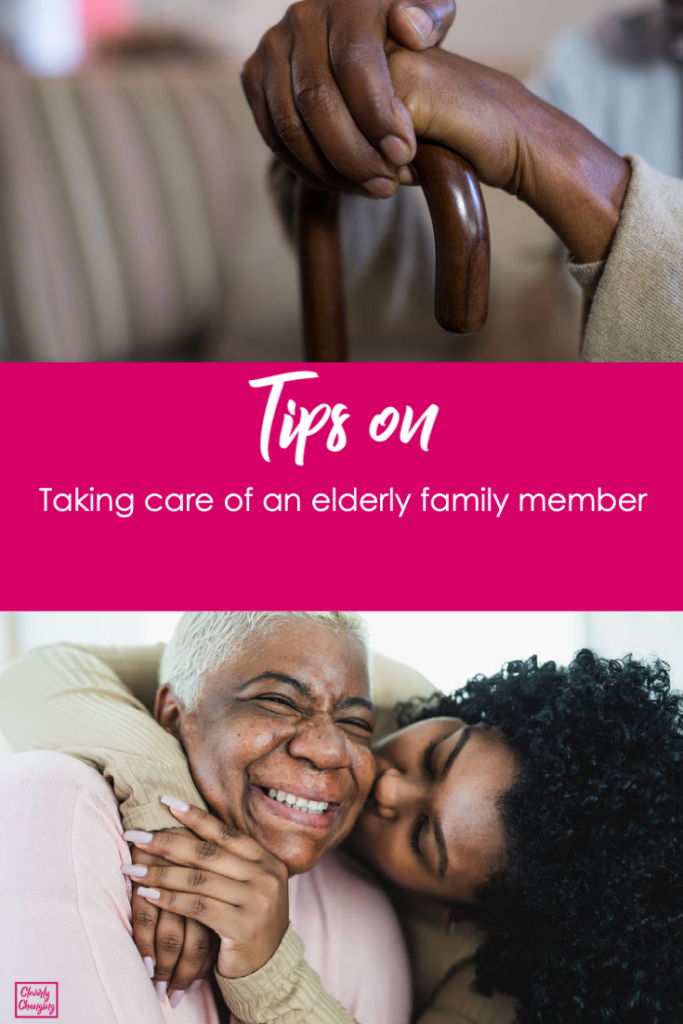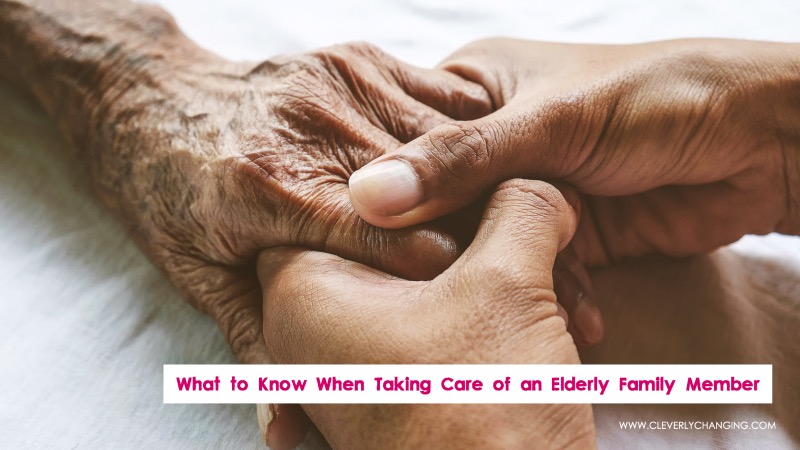My mom recently turned 85 years old. My sisters and I are lucky to still have her in our lives. Taking care of an elderly family member can be a challenging and rewarding experience. It is important to understand the individual’s physical, emotional, and social needs and have a plan in place to provide the best possible care. The care they need might be memory care near Detroit, or close to where you live.
Caring for the Elderly
Here are some things to know and do when caring for an elderly family member:
- Understand the individual’s needs: Each elderly person has unique needs and abilities. It is important to understand their physical, emotional, and social needs and tailor the care to meet them.
- Develop a plan of care: Create a plan that outlines the individual’s daily schedule, medications, and special needs. Make sure to involve the individual in the planning process and to keep the plan updated as the individual’s needs change.
- Make sure the individual is safe: Ensure the individual’s living space is safe and free from hazards. This may include installing grab bars, removing tripping hazards, and ensuring the individual has easy access to necessary items.
- Provide companionship: Loneliness and isolation can be significant problems for elderly individuals. Make sure to spend time with the individual and provide opportunities for socialization.
- Help with activities of daily living: Many elderly individuals need help with activities of daily living, such as bathing, dressing, and grooming. It is important to be patient and respectful when helping with these tasks.
- Monitor the individual’s health: Keep track of the individual’s health and well-being. Pay attention to changes in weight, mood, and overall appearance.
- Help with medication management: Many elderly individuals take multiple medications. Make sure to keep track of the individual’s medications, including dosages and schedules, and help administer medications as needed.
- Encourage physical activity: Regular physical activity is essential for maintaining physical and mental health. Encourage the individual to engage in activities they enjoy and can do safely.
- Provide nutritious meals: Good nutrition is essential for the health of elderly individuals. Ensure to provide nutritious meals and encourage the individual to eat a balanced diet.
- Utilize community resources: There are many community resources available to help care for elderly individuals, such as adult day care centers, home health care services, and meal delivery programs.
- Be aware of the signs of abuse: Elder abuse is a serious problem. Be aware of the signs of abuse, such as bruises, untreated injuries, and changes in behavior, and report any concerns to the appropriate authorities.
- Seek support: Caring for an elderly family member can be emotionally and physically demanding. It is important to take care of yourself and to seek support when needed.
- Be flexible and open to change: The care plan should also change as the individual’s needs change. Be open to new ideas and be willing to make adjustments to the plan as needed.
- Understand the importance of end-of-life planning: It is essential to have a plan for end-of-life care, including advance directives, such as living wills and durable power of attorney for healthcare.
- Seek professional help: If you are struggling to provide the care your loved one needs, consider seeking professional help. This can include hiring a home health aide, working with a geriatric care manager, or finding an assisted living facility.
Caring for an elderly family member can be a challenging and rewarding experience. It is essential to understand the individual’s needs, have a plan in place to provide the best possible care, and make sure the individual is safe and comfortable. Remember to be patient, respectful, and seek support when needed.
It is important to remember that caring for an elderly family member can be emotionally and physically demanding. Taking care of ourselves and seeking support when needed is essential. Self-care can include exercise, eating well, getting enough sleep, and spending time with friends and family. It can also include finding time for hobbies and activities that we enjoy.

Take Time Out As a Caregiver
It is important to set boundaries and ensure time for ourselves. It may be helpful to schedule regular respite care or hire a professional caregiver to provide relief. It is also essential to seek professional help if we are struggling to provide the care our loved one needs or experiencing burnout. Remember that taking care of ourselves is essential to provide the best care possible for our elderly family members.

